NEWS
Sick and Tired: The 17 Reasons Americans Are Fed Up With Politics
Published
9 months agoon

Shutterstock
Politics in America today has left many citizens feeling disillusioned and frustrated. The constant gridlock, divisive rhetoric, and lack of progress on critical issues are just a few reasons why Americans are fed up. This pervasive dissatisfaction is evident across party lines and demographics, indicating a deep-seated issue in the political landscape. Here are 17 reasons why all Americans are fed up with politics today.
From corruption scandals to the overwhelming influence of money in politics, the problems seem endless. Voter apathy and disenfranchisement continue to rise as people feel their voices are not being heard. The growing polarization and inability to reach bipartisan solutions further exacerbate the problem. Let’s delve into the specific reasons behind this widespread frustration.
Corruption and Scandals
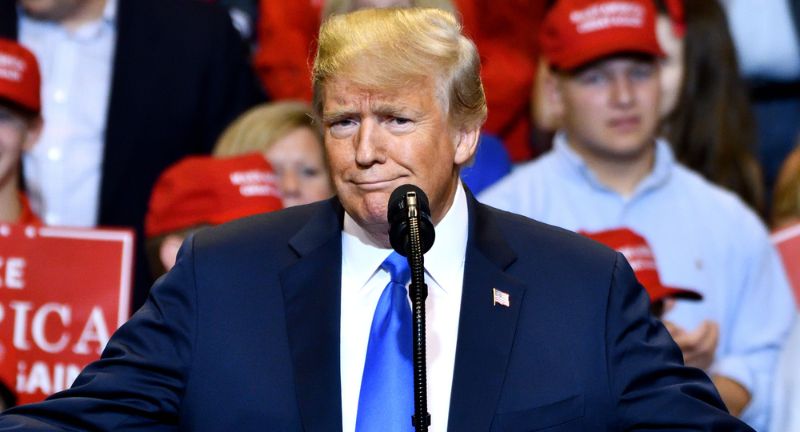
Shutterstock
Corruption and scandals among politicians have severely eroded public trust. Every new revelation of unethical behavior further alienates citizens who feel their leaders are more interested in personal gain than public service. This has created a pervasive sense of cynicism and disillusionment with the political process. The lack of accountability only adds to the frustration.
Influence of Money in Politics

Shutterstock
The overwhelming influence of money in politics is a major concern for many Americans. Campaign contributions from wealthy individuals and corporations often seem to buy access and influence, leaving average voters feeling powerless. This perception of a pay-to-play system undermines the democratic ideal of equal representation. It’s no wonder that many feel disillusioned and disconnected from the political process.
Gridlock and Partisanship
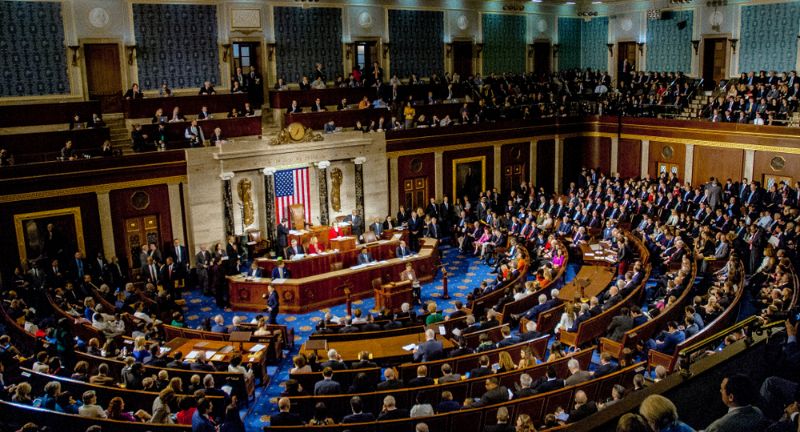
Shutterstock
Constant gridlock and partisanship in government are sources of immense frustration for the public. Important legislation often stalls due to political infighting, preventing progress on critical issues like healthcare, education, and infrastructure. This inability to compromise and find common ground leads to a sense of hopelessness about the future. The blame game and finger-pointing do nothing to solve real problems.
Broken Promises
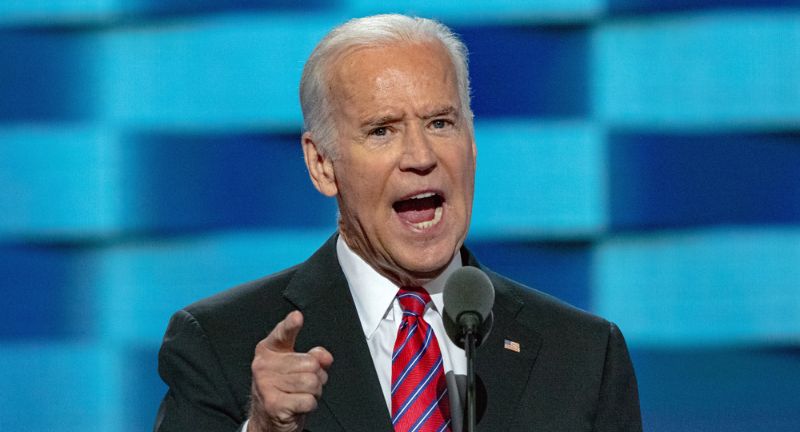
Shutterstock
Politicians often make grand promises during campaigns, only to break them once in office. This pattern of unfulfilled commitments erodes trust and makes voters skeptical of future candidates. When people feel consistently let down by their leaders, it fosters a sense of betrayal and disillusionment. The result is a growing apathy and disengagement from the political process.
Lack of Transparency

Shutterstock
A lack of transparency in government actions and decision-making processes contributes to public distrust. When decisions are made behind closed doors, it leaves citizens feeling excluded and suspicious. Transparency is essential for accountability and fostering trust in government. Without it, rumors and misinformation can thrive, further eroding confidence in political institutions.
Negative Campaigning
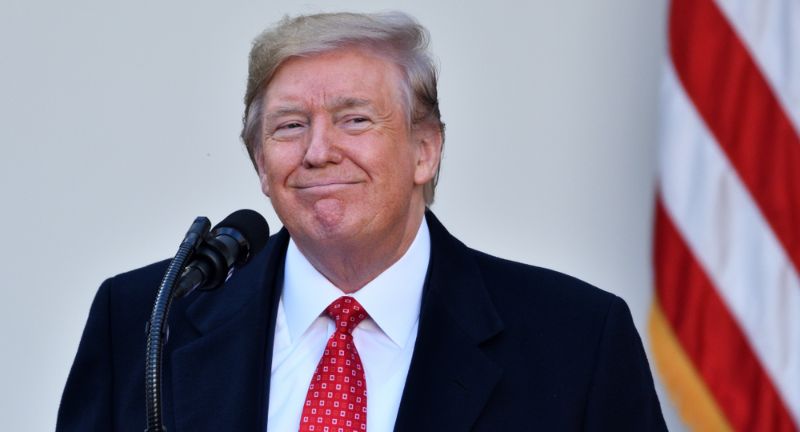
Shutterstock
Negative campaigning and attack ads dominate the political landscape, turning elections into mudslinging contests. This focus on personal attacks rather than substantive issues alienates voters who are tired of the negativity. It also detracts from meaningful policy discussions and fosters a toxic political environment. Voters yearn for a return to civility and constructive debate.
Media Polarization

Shutterstock
Media polarization has contributed significantly to the political divide in America. News outlets often cater to specific ideological audiences, reinforcing existing biases and deepening divisions. This echo chamber effect makes it difficult for people to find common ground and engage in constructive dialogue. The result is a more fragmented and polarized society.
Voter Suppression
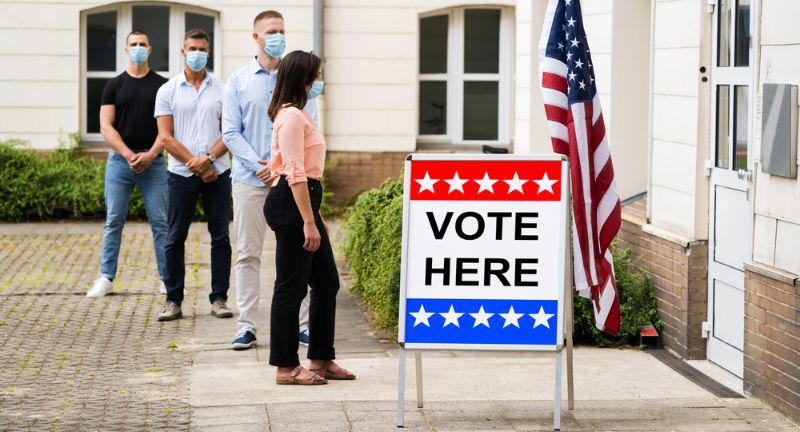
Shutterstock
Voter suppression tactics have left many Americans feeling disenfranchised and powerless. From strict ID laws to purging voter rolls, these efforts often disproportionately affect minority and low-income communities. When citizens feel their right to vote is being undermined, it erodes faith in the democratic process. Ensuring fair and accessible elections is crucial for maintaining public trust.
Disinformation and Fake News
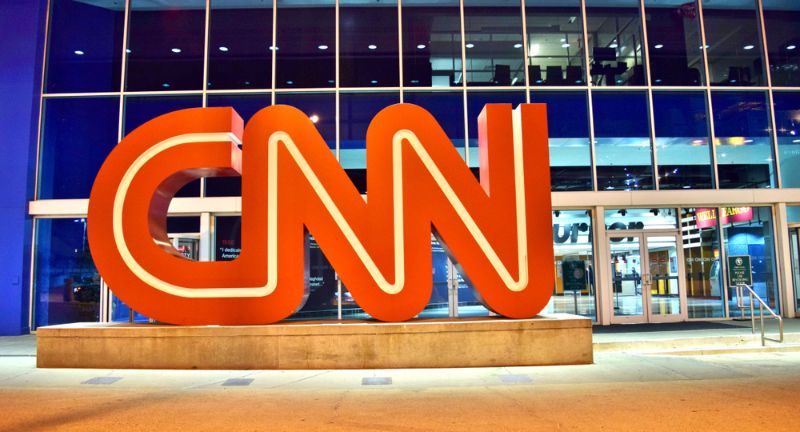
Shutterstock
The spread of disinformation and fake news has created confusion and mistrust among the public. False narratives and misleading information undermine the ability to have informed discussions about important issues. This has serious implications for democracy, as an uninformed electorate cannot make sound decisions. Combating disinformation is essential for restoring trust and integrity in the political process.
Special Interests and Lobbyists

Shutterstock
Special interests and lobbyists wield significant power in shaping legislation, often to the detriment of the public good. When policies are crafted to benefit a select few rather than the majority, it leads to widespread disillusionment. The perception that lobbyists have more influence than voters is a major factor in the public’s frustration with politics. Reforming lobbying practices is essential for restoring faith in government.
Lack of Bipartisanship

Shutterstock
The lack of bipartisanship in Congress has stalled progress on numerous important issues. When parties refuse to work together, it leads to legislative gridlock and prevents meaningful change. This unwillingness to compromise leaves many Americans feeling that their government is incapable of solving problems. Encouraging bipartisan cooperation is crucial for effective governance and addressing the nation’s challenges.
Declining Civic Engagement

Shutterstock
Declining civic engagement is both a symptom and a cause of political frustration. When people feel disconnected from the political process, they are less likely to vote, volunteer, or participate in civic activities. This lack of involvement can lead to a cycle of apathy and disengagement, weakening the foundations of democracy. Revitalizing civic engagement is essential for a healthy, functioning democracy.
Overly Complex Bureaucracy

Shutterstock
The overly complex bureaucracy of the government makes it difficult for citizens to navigate and understand the system. This complexity can lead to frustration and a sense of helplessness when trying to access services or resolve issues. Simplifying bureaucratic processes is necessary to make government more accessible and responsive to the needs of the people. Streamlining these processes would also help restore trust in government institutions.
Polarizing Social Media

Shutterstock
Social media has played a significant role in polarizing political discourse. The algorithms that prioritize sensational and divisive content can amplify extreme viewpoints and deepen societal divisions. This has made it harder to have constructive conversations and find common ground. Addressing the impact of social media on politics is crucial for fostering a more inclusive and productive dialogue.
Inequality and Injustice

Shutterstock
Persistent inequality and injustice in society have left many feeling disenfranchised and ignored by the political system. When people see systemic issues like racial inequality, economic disparity, and social injustice go unaddressed, it fosters a sense of resentment and anger. Addressing these deep-rooted issues is essential for restoring faith in the political system and ensuring a fair and just society for all.
Climate Change Inaction

Shutterstock
The lack of meaningful action on climate change is a significant source of frustration for many Americans. As the effects of climate change become more apparent, the failure of political leaders to take decisive action is seen as a betrayal of future generations. This inaction contributes to a sense of urgency and desperation among those who recognize the importance of addressing this global crisis. Effective and immediate measures are needed to combat climate change and restore faith in political leadership.
Public Health Crises

Shutterstock
Public health crises, such as the COVID-19 pandemic, have exposed significant flaws in the political system. Inconsistent messaging, lack of preparedness, and politicization of health measures have undermined public trust. Effective management of public health crises is essential for ensuring the safety and well-being of citizens. Addressing these issues is crucial for restoring confidence in the government’s ability to protect its people.
Conclusion

Shutterstock
The widespread frustration with politics in America today is a reflection of deep-rooted issues that need to be addressed. From corruption and the influence of money to gridlock and voter suppression, the challenges are significant but not insurmountable. Restoring trust in the political system requires transparency, accountability, and a commitment to serving the public good. By tackling these issues head-on, we can hope to build a more responsive and inclusive political landscape for the future.
More From Local News X
-


Large Boats Catches on Fire in English Harbor
-


Crashed truck of Robb Elementary School shooter Salvador Ramos per…
-


22 Strategies for Keeping Your New Year’s Promises
-


17 Eye-Opening Outcomes of Cutting Out Alcohol
-


19 Things Americans Own That Prove They’re Wealthier Than They…
-


20 Sweet American Foods That Should Be Banned From Stores
-


US TikTok Ban: A Fight For Security Or Fascism?
-


Massive Fire Erupts in Radcliffe, UK
-


18 Signs Of A Wildly Irresponsible Gun Owner
-


21 Secrets Every Handyman Knows That Homeowners Should Learn
-


20 Subtle Signs You’re in the Hot Seat at Work
-


22 Signs People Secretly Don’t Respect You
